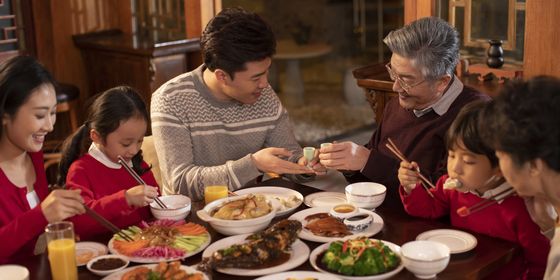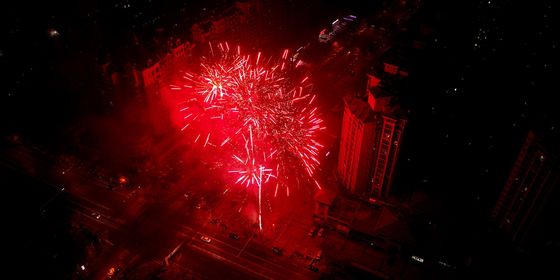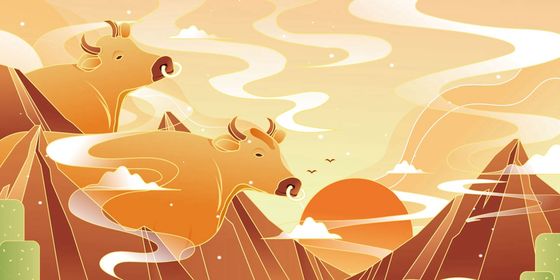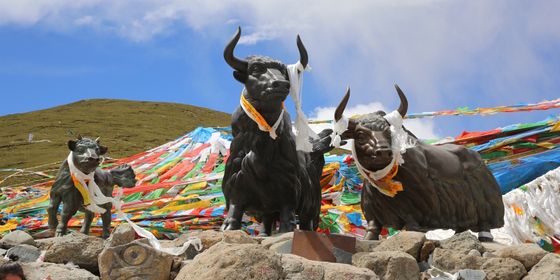Goodbye Year of the Monkey. Hello Year of the Rooster.
Happy Year of the Rooster!
The rooster has always been a lucky symbol in Chinese folk beliefs, especially for guarding against evil spirits. Ghosts, believed to be lurking in the darkness of the night, are dispelled by the crow of the rooster, eater of pests and bugs. Thus, we have the image of the rooster as a destroyer of evil and protector of the house; images of the mighty phoenix are believed to derive from rooster imagery.
In ancient Chinese astronomy, there’s a “rooster constellation” named maoxiu (昴宿) in the western night sky, known in Western astronomy as Pleiades (part of the constellation of Taurus), or Seven Sisters, the daughters of Pleione and Atlas in Greek Mythology. In Chinese myth, this constellation came to be associated with a rooster god in charge of the shift of day and night. In Journey to the West, the rooster god, who turned into a two-meter-tall giant rooster, actually helped the monkey king to defeat an evil scorpion spirit by crowing it to death.
In many parts of China, and not just in the Year of Rooster, people hang pictures or paper cuttings of the rooster on their door in the New Year or during Dragon Boat Festival to ward off evil.
To make it even more auspicious, the Chinese character for chicken 鸡 (jī) actually sounds like “auspicious” or 吉 (jí), instantly turning any chicken related artwork a symbol of luck. A picture of a giant rooster can mean 大吉大利 (dà jí dà lì) or good fortune and great profit.
There are a variety of chicken puns in folk art. For instance, a rooster hanging out by cockscomb flowers symbolizes wishes for promotion in the government because cockscomb is 鸡冠 (jīguān) in Chinese, which sounds like “official” or 官 (guān).
The most common theme though is a rooster perching on a rock, which symbolizes an auspicious household conveyed through the similar pronunciation of “rock,” or 石 (shí), and “room,” or 室 (shì).
Besides being auspicious, the rooster is also viewed as a sign of diligence and perseverance. In Classic of Poetry (《诗经》), there’s a line that says, “风雨如晦,鸡鸣不已” (fēngyǔ rú huì, jī míng bù yǐ), which means “even in a dark storming morning, the rooster won’t stop crowing for the light.” It was originally a romantic description of a lovesick woman waiting for her husband to return home, but it was gradually adapted and used as a metaphor for people who stick around and fight for their dreams even in a dark environment.
With this in mind, we part with the turbulent Year of the Monkey and look to drive out evil in the Year of the Rooster.
Cover image from skycn.com












